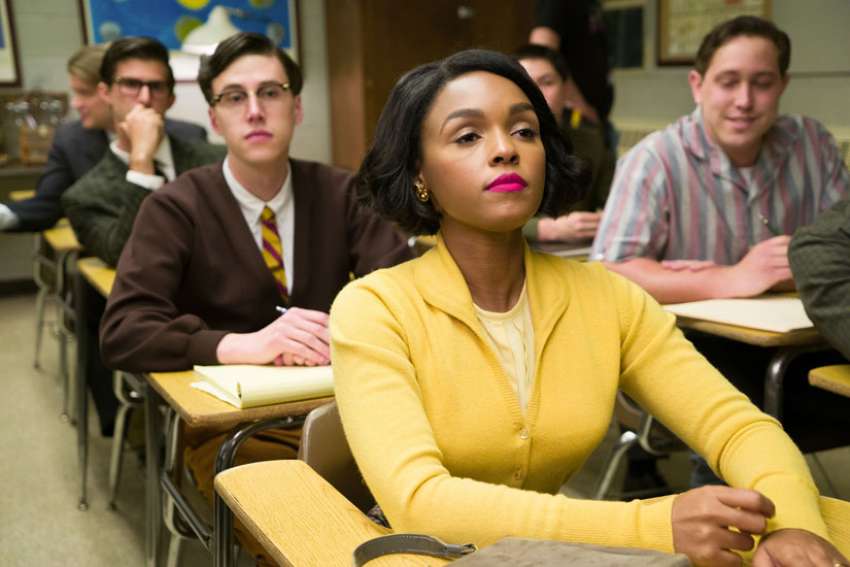It was neither a surprising nor unreasonable question. The centre’s detailing of racism’s history makes it a place — Yad Vashem is another — where those within the suffering group will feel righteous anger, and those outside it will want to crawl out of their skin to evade suggestions of complicity.
What was surprising was the mother’s answer, which transcended reason and became beauty.
“Some of them were bad to us,” she told the boy gently. “But not everyone. A lot of them helped us. Some of them fought for us.”
I cannot recall those words without hearing perfect harmony between justice and charity being attained. She spoke justice in that she told her son the truth. She could have stopped there. Charity in its fullest form bade her tell the fuller story.
The same virtue permeates Hidden Figures, a small movie released Christmas day which has rivalled the latest Star Wars at the box office. It is ostensibly the story of real-life star wars — at least space wars — between the United States and the Soviet Union to launch manned flights beyond Earth’s atmosphere. It details the lives of three black women whose mathematical genius got John Glenn into orbit, and ultimately made the first moon landing possible.
Its beauty is that it treats with unflinching justice and authentic charity the appalling racism Katherine Johnson, Dorothy Vaughan and Mary Jackson suffered almost moment-to-moment while working for NASA in the early 1960s, yet which they were able to overcome through unwavering faith.
Their faith is not merely in their own capacities, though they’re well aware of their gifts. At age eight, Johnson was identified as a math prodigy and, in the heart of the Jim Crowe south, accepted at an elite school to foster her abilities. Jackson went to court to be allowed to take night-school courses and become the first black woman engineer at NASA. Vaughan, the movie tells us, essentially wrote the Fortran code for the space agency’s inaugural IBM computer.
All three spend much of Hidden Figures in a basement room crowded with other “coloured” female mathematicians. All are forbidden by former segregation laws from working alongside their white counterparts. As much as the calculations and contributions that are never credited, they are human figures hidden from the white gaze that pervades NASA. Even when Johnson is brought “up” to work with whites, she must run a half-mile to the “coloured” compound in order to go to the bathroom. In 1961, mind you.
The true faith at the heart of Hidden Figures, however, is very much a gift of the black church, of the Christianity taught to and made infinitely richer by black slaves and their descendants, of the Christian struggle to inform justice with charity that moved Martin Luther King Jr. to sacrifice his life for non-violent social change.
The moment that speaks most powerfully to that faith comes so quietly it’s more like conversation overheard. Vaughan’s boss, a white woman who viciously undermines, humiliates and denies her proper recognition, insists she truly has nothing against “coloured” people.
“I truly believe you believe that,” Vaughan answers softly yet with the firmness of one who must tell the truth in charity.
The adoption of the language of belief, and the juxtaposition of true versus distorted belief, shifts our perception of the conduct of the female boss and the other whites far beyond the constructs of racist ideology. It moves us well past the cringe-inducing patterns of institutional power politics. It opens us to the human capacity to hear, imitate and repeat the words of the One on the Cross: “Forgive them, for they know not what they do.”
It does not deny the pain, violence and sin of dehumanizing constructs and patterns. Nor does it obviate righteous anger in response to them. Instead it factors in, as charity, the confusion, the ignorance and the blindness hidden in all our human hearts. In so doing, it illuminates the way to justice through a faith of love.
(Stockland is publisher of Convivium.ca and a senior fellow with Cardus.)

